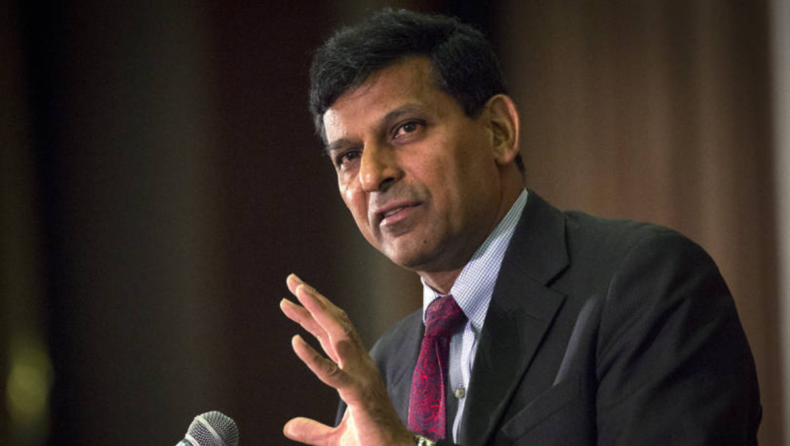Raghuram Rajan, at the AIPC conclave, spoke about the importance of strengthening liberal democracy and its institutions to encourage growth of the nation.

Raghuram Rajan, former governor of the Reserve Bank of India, stated on Saturday that strengthening India’s liberal democracy and its institutions is crucial to attaining economic growth.
Sri Lanka’s majoritarianism
He warned against majoritarianism and cited Sri Lanka as an illustration of what occurs when politicians in a nation try to deflect from the inability to create jobs by attacking a minority. He asserted that this had no positive effects.
Speaking at the All India Professionals Congress’ 5th conclave, a wing of the Congress party, he opposed majoritarian authoritarianism, saying that any effort to turn a sizable minority into second class citizens will cause the country to become divided and cause internal resentment. Rajan noted that it would also leave the nation open to interference from abroad.
Why liberal democracy is essential for India’s economic progress was the subject of Rajan’s speech. Rajan pointed out the status of liberal democracy in India, saying that it must be strengthened. He said that there is a perception among some quarters in India today that democracy holds the country back; that India needs strong, even authoritarian, leadership with few checks and balances on it to grow, and we appear to be drifting in this direction.
The former IMF chief economist disagreed with this argument, stating that it is based on an outdated model of development that stresses goods and capital, not people and ideas. He added that the lack of economic growth in the nation seems to indicate that the road we are heading down needs to be rethought.
According to the former RBI governor, our future lies in enhancing our liberal democracy and its institutions, not undermining them, and this is actually important for our progress. He asserted that liberalism was not a complete religion and that liberal democracy shared many characteristics with the major religions in their pursuit of the good in everyone.
Rajan asserted that the COVID-19 pandemic was not the only cause of India’s weak growth and that the nation’s poor performance was long-standing. He added that we haven’t been doing as well as we should for about ten years, certainly since the start of the global financial crisis. The main indicator of this underperformance is the inability to produce the quality jobs that our young people require.
Rajan cited the harsh opposition to the Centre’s Agniveer military recruitment programme as evidence of how desperate young people were for employment. He noted that just a while ago, there were 12.5 million applicants for 35,000 railway jobs. It is particularly concerning when India has a shortage of jobs even when so many women are not working outside of their homes. India’s female labour force participation is among the lowest in the G-20 at 20.3 percent as of 2019.
Read More: PM Modi urges India to be self-reliant in the post-budget webinar series
Self reliance as a vision of progress
Rajan said that the term “atmanirbhar”, or self-reliance, is key to the “vision of progress” of the current government, led by PM Modi. In some ways, he continued, the atmanirbhar concept looks to be the continuation of the past reform decades in the sense that it prioritises better connectivity, better logistics, better roads, and commits more money to it, which is good.
However, according to Rajan, looking at what “atmanirbhar” is attempting to accomplish in many ways takes one back to an earlier, unsuccessful era where the emphasis was on physical capital rather than human capital, on protection and subsidies rather than on liberalisation, and on picking favourites to win instead of allowing the most qualified to succeed.
Rajan claimed that the country was underfunding education because of a mistaken sense of priorities, which has catastrophic effects. He pointed out that many children who have missed two years of school are dropping out. We are undervaluing their human capital, which will be both their most valuable asset and ours in the upcoming years. By not allocating adequate funds to remedial education, we are failing them.












